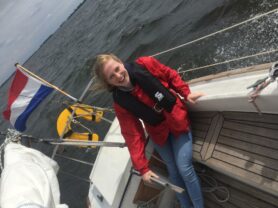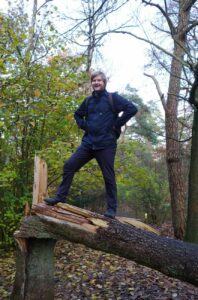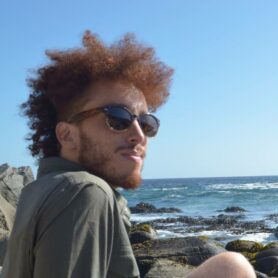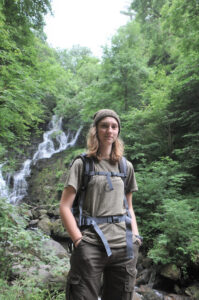Oceanic Acidification
Climate change: impact under the waves
Topic introduction…
You’ve probably heard about climate change, maybe you’ve even joined in one of the protests calling for climate action. The use of fossil fuels has resulted in more CO2 in the Earth’s atmosphere. This gas traps heat from the sun, making our planet hotter. The effect: melting ice caps, more extreme weather, droughts, floods... you know the story. But CO2 does so much more than just trapping heat. The gas gets into the oceans and changes the acidity ever so slightly, but this small change has a big effect. In the science world, this process is known as ocean acidification. More than 70% of the Earth is covered by oceans (1). Just imagine the amount of life that the oceans support! Life that might be affected by acidification.
Ocean acidification is a very broad subject. So, we divided the topic into four subtopics in which we will try to explain everything about ocean acidification to you. First, we will talk about chemistry: how do the oceans become acidic exactly? Then we will look at the interaction between animal or plant species and the effects on animal behavior: are animals going to act differently because of a more acidic ocean? Finally, we will discuss whether something like this has happened before.
1 https://oceanservice.noaa.gov/facts/exploration.html
Team introduction!

Everything around us consists of very small particles, just like you and me (Hi, I’m Mieke ?). These particles are the reason that things can happen, for example, they make it possible for me to dance and for you to travel. You can imagine why I wanted to know more about this, I wanted to know the reason for everything! The decision for studying chemistry was easy made. However, I discovered something that I liked even more: teaching about chemistry. It gives me the chance to talk with you about the secrets of our world, the things we don’t see, but that do take place. – Mieke Mogezomp

Hello, my name is Karel. Right now, I am a 25 years old master student. After a childhood full of interest for animals, plants and bugs I naturally chose for the bachelor Biology in Utrecht. After that, I continued in Utrecht for my master paleoecology, a sidetrack from ‘environmental biology’. Paleoecolgy can be best described as paleontology, but instead of dinosaurs we look at plants. Paleoecology can teach us a lot about our current climate. In these times of climate change, this is not only very interesting, but also very useful. – Karel Nijhuis

Hi! I’m Felipe. From a very young age I’ve always been fascinated by nature and all kind of organisms and I’ve always loved sharing that fascination with other people. I studied a bachelor’s degree in biology back in Chile and after trying to follow an academic career I decided that biological research wasn’t my thing after all. Studying biology allowed me to have a broad perspective on the world we live in and I’m very eager to share that perspective with everyone that’s interested. Eventually that need to share knowledge led me to pursue a MSc Science education and communication. I hope I can help people realize the beauty, wonders and complexities of the natural world. – Felipe Pérez de Arce Inostroza

Hey! I’m Anne. I’ve been passionate about nature ever since I was young. I really was one of those nature kids, hunting for bugs and reading bird guides. I’m 23 now and it’s no surprise that I grew up to become a biology student. I learned so much about life in all its forms and I really loved doing research, but for me that isn’t enough. I want to share all these stories about nature with others, to show them that the Earth is a wonderful place and that our planet and everything we share it with are worth being protected. – Anne Smits

